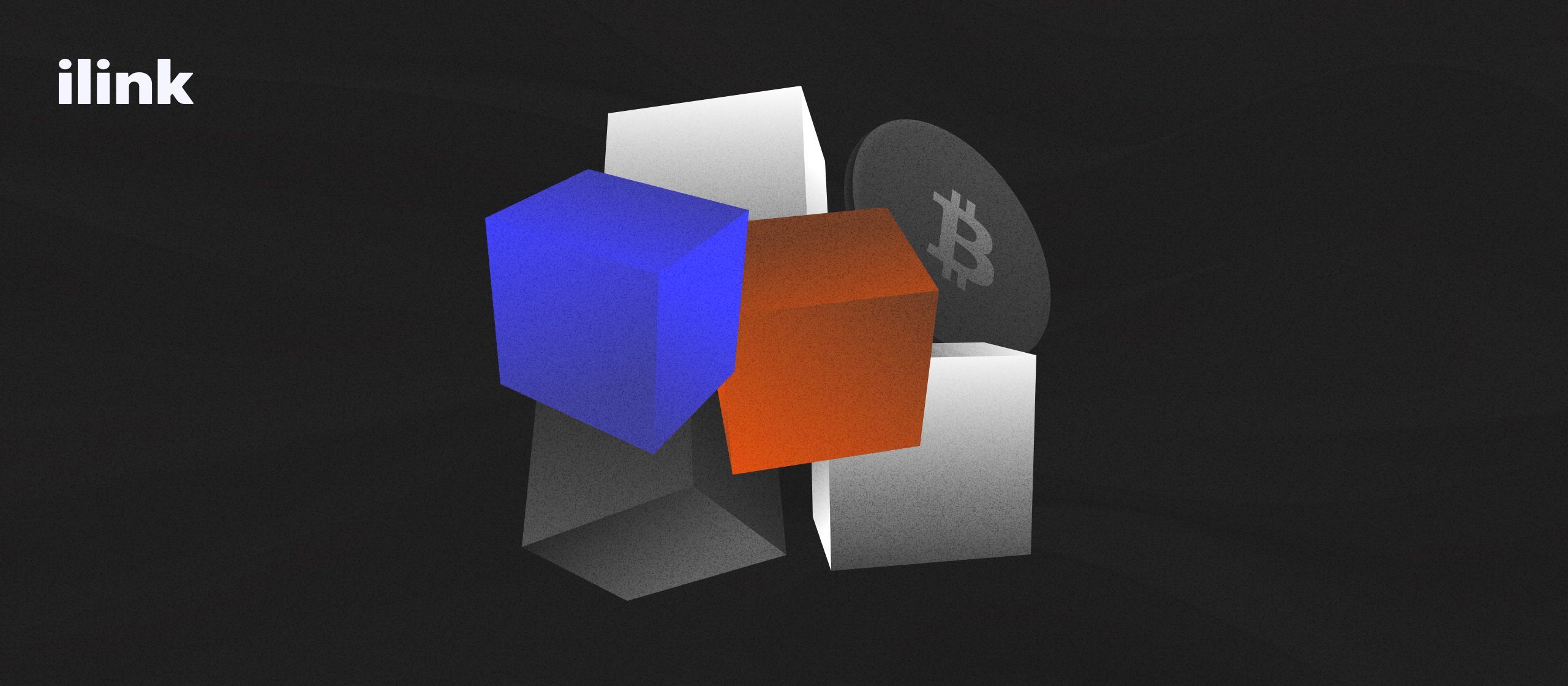From Compliance to Cross-Border Payments: Why Banks Are Turning to Blockchain
Introduction
Banks today face increasing pressure from all sides—complex regulatory frameworks, rising customer expectations, and the demand for faster, more transparent financial services. Traditional banking systems, often siloed and outdated, struggle to keep up with these challenges. Blockchain technology is emerging as a powerful solution, enabling banks to streamline compliance processes and transform cross-border payments.
The Regulatory Challenge: Why Compliance Is Costly and Complex
Navigating today’s regulatory landscape is both essential and expensive. Compliance with Anti-Money Laundering (AML), Know Your Customer (KYC), and global financial standards like Basel III requires vast resources and sophisticated data management. Manual processes and fragmented databases increase the risk of human error, slow down reporting, and elevate the likelihood of regulatory penalties.
Blockchain as a Compliance Enabler
Blockchain brings transparency and automation to the compliance process. With its decentralized and immutable ledger, blockchain can offer real-time access to verifiable records. Smart contracts can be programmed to automatically flag transactions that breach regulatory thresholds, reducing the need for manual intervention. Decentralized Identity (DID) systems built on blockchain also allow for more secure and reusable identity verification, improving KYC processes while maintaining data privacy.
The Cross-Border Payments Problem: Speed, Cost, and Transparency
International transactions are notoriously slow and expensive. Relying on SWIFT and a network of correspondent banks, settlements can take several days and involve multiple intermediaries—each adding their own fees and delays. Moreover, customers and institutions alike often lack real-time visibility into the status and cost breakdown of their transactions.
Blockchain in Action: Banking Use Cases and Success Stories
Several major financial institutions are already harnessing blockchain to improve their operations:
- JPMorgan Chase developed JPM Coin to facilitate instant payment transfers between institutional clients.
- RippleNet enables faster cross-border payments with lower fees and end-to-end tracking.
- Banks in the Marco Polo Network use blockchain for trade finance, reducing settlement times from weeks to days.
These examples show that blockchain can deliver real-world value without compromising regulatory standards or operational integrity.
Building Blockchain-Ready Banking Solutions
To truly benefit from blockchain, banks need tailored solutions that integrate with existing infrastructure. This includes:
- Permissioned ledgers for controlled access and compliance;
- Smart contract frameworks to automate compliance and settlements;
- APIs and middleware that connect blockchain platforms with core banking systems. Partnering with an experienced development team is essential to ensure secure deployment, scalability, and long-term support.
Why Now?
The strategic benefits of adopting blockchain are growing:
- Operational efficiency through automation;
- Reduced compliance risk via real-time tracking and verification;
- Competitive differentiation by offering faster and cheaper financial services;
- Future readiness in anticipation of increasingly digital and decentralized financial ecosystems.
Early adopters position themselves as innovators and gain the flexibility to adapt as technology and regulations evolve.
How ilink Company Helps Banks Leverage Blockchain
As a software and blockchain development company, we specialize in building secure, scalable blockchain solutions for the financial sector. From smart contract development to core system integration, we deliver customized platforms that align with your compliance and business needs. With deep expertise in both fintech and decentralized technologies, we help banks move from legacy limitations to future-proof infrastructure.
Blockchain is not just a trend—it’s a foundational technology redefining how banks approach compliance and cross-border transactions. Financial institutions that invest in blockchain today are better equipped to navigate tomorrow’s challenges. The future of banking is faster, safer, and more transparent—and blockchain is leading the way.
Comments (0)
Latest Posts
Learn how AURI, the automated AI call center, transforms business communication. Natural dialogue, CRM integration, omnichannel support, rapid deployment, and enterprise-grade security in one intelligent solution.
Learn how to build an online casino that scales: games, payment options, compliance basics, risk controls, and operational automation for growth.
Do You Have Any Questions?
Leave your details - we will contact you to answer all your questions




